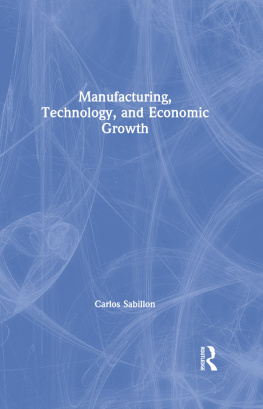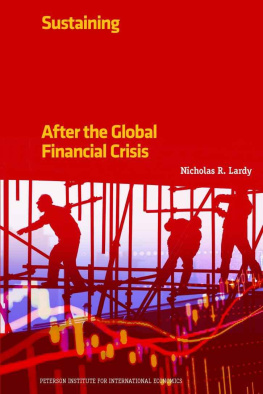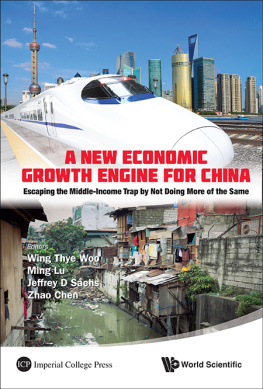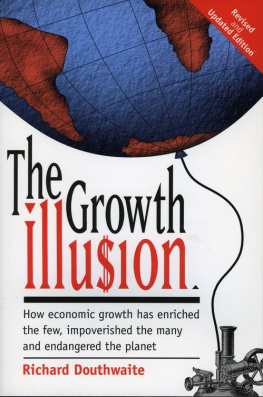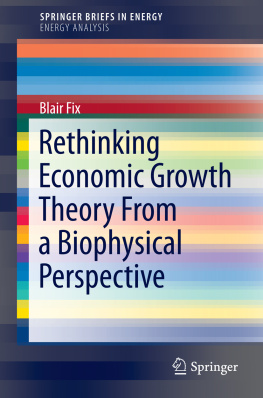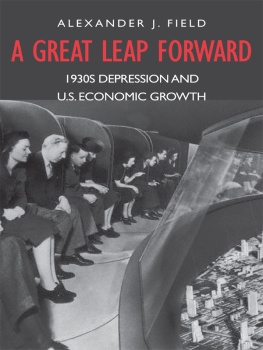First published 2000 by M.E. Sharpe
Published 2015 by Routledge
2 Park Square, Milton Park, Abingdon, Oxon OX14 4RN
711 Third Avenue, New York, NY, 10017, USA
Routledge is an imprint of the Taylor & Francis Group, an informa business
Copyright 2000, Taylor & Francis. All rights reserved.
No part of this book may be reprinted or reproduced or utilised in any form or by any electronic, mechanical, or other means, now known or hereafter invented, including photocopying and recording, or in any information storage or retrieval system, without permission in writing from the publishers.
Notices
No responsibility is assumed by the publisher for any injury and/or damage to persons or property as a matter of products liability, negligence or otherwise, or from any use of operation of any methods, products, instructions or ideas contained in the material herein.
Practitioners and researchers must always rely on their own experience and knowledge in evaluating and using any information, methods, compounds, or experiments described herein. In using such information or methods they should be mindful of their own safety and the safety of others, including parties for whom they have a professional responsibility.
Product or corporate names may be trademarks or registered trademarks, and are used only for identification and explanation without intent to infringe.
Library of Congress Cataloging-in-Publication Data
Sabillon, Carlos, 1967-.
Manufacturing, technology, and economic growth / Carlos Sabillon
p. cm.
Includes bibliographical references and index.
ISBN 0-7656-0513-9 (c : alk. paper).
1. Economic development. 2. TechnologyEconomic aspects.
3. Industrialization. I. Title
HD82.S2 1999
338.9dc21
99-27549
CIP
ISBN 13: 9780765605139 (hbk)
This book is dedicated to the millions of people who every day endure poverty, material and moral hardship, unemployment, underemployment, war, violence, and disease. This book is dedicated as well to those who throughout history have advocated the cause of free markets, free trade, fiscal rectitude, sound monetary policies, respect for the environment, proper governance, and democracy.
This book is intended to cater to the needs of policy makers. Therefore, it utilizes both a language that is accessible to them and an abundance of relevant historical examples. As policy makers are mainly interested in concrete results, abstract notions and theoretical positions are reduced to the minimum. In order to reinforce its empirical approach and practical goals, this book makes a decisive effort to present clear policy recommendations for the attainment of fast and sustained economic growth in an environmentally responsible way.
This volume is also intended for economists, social scientists, and businesspeople who are interested in exploring new approaches and ideas toward finding alternative solutions to the problems of poverty, unemployment, underemployment, and ecological sustainability. The texts jargon-free and user-friendly language also allows for a reading that the general public can understand.
With the goal of understanding the essence of economic growth, the book offers an overall synthesis of the world economy during the second half of the twentieth century. Only the most relevant passages of this period are included in order not to divert the reader from the central thesis. At the end of the book, several charts are provided containing the main macroeconomic indicators of the countries analyzed.
The research for this book was undertaken from 1991 to 1998. During this time, the author concentrated exclusively on this activity.
This volume was made possible thanks to financial assistance from numerous sources. The first stage of research was financed by the author although the Swiss National Fund for Scientific Research provided a one-year grant in mid-1992. The Graduate Institute of International Studies in Geneva, Switzerland, supplied a few additional funds, and during the rest of the period the research continued with financial assistance from friends and relatives.
The author is particularly thankful to Professor Norman Scott of the Graduate Institute of International Studies for dedicating so much of his valuable time to revising and commenting on the numerous manuscripts that led to this book. His useful suggestions contributed noticeably to improving the quality of the text.
In Munich, Germany, where a smaller part of the research was conducted, the author wishes to thank Professor Karlhans Sauernheimer and Professor Franz Gehrels of the Ludwig Maximilians University for the time they took to revise and comment on the initial manuscripts. Professor Peter Tschopp of the University of Geneva also made valuable comments that led to significant improvements. Professor George Viksnins of Georgetown University in Washington D.C. made interesting comments, and several other economists from international organizations also made useful comments on the ideas presented. The remarks of Carlos R. Montoya were particularly helpful.
In the preparation of this volume, the author has benefited greatly from the comments of those who revised the manuscript and from the numerous books and other publications that were consulted. The author is particularly thankful to mainstream economists for their lucid and extremely detailed understanding of the market economy. However, the central thesis presented in this book did not originate with any of the publications that were consulted or any of the comments that were made about the manuscript.
The author wishes also to thank Dafne Perhat, Pablo Aviles, and Omar Alkadhi for the long hours they allocated for typing, processing, and other formal preparations that made this book possible. The financial assistance that this research effort received from Herman Vogelsang, Leslie Wittwer, Reynaldo Sabillon, Krimil Davila, Carlos R. Montoya, and Yolanda Calzada, was significant, and the author is very grateful for their collaboration.
This volume will analyze the period from 1950 to the present, and will attempt to extract from the empirical evidence an alternative explanation of the causes of economic growth. It will concentrate on analyzing the nations in East Asia, Europe, and North America that attained the fastest rates of growth during this period. Even though the ideas underlying this book are unorthodox, it will not contest the basic tenets of mainstream economics. The alternative approach that will be introduced in this volume is only operational within the framework of a free market economy. The maintenance and reinforcement of capitalist institutions are therefore of utmost importance for the application of this alternative.
It will be demonstrated that orthodox economic thinking is correct in the vast majority of its contortions, but the reason its policy applications rarely fulfill the expectations of most nations of the world is that it has not identified all the factors responsible for economic growth. Mainstream economics has done a praiseworthy job of identifying most of the variables that intervene in the growth process, of developing the mechanisms for harnessing inflation, and of developing the means for measuring economic variables with great precision. However, it has evidently not succeeded in identifying the factor that is more strongly linked to the phenomenon of economic growth.

